
Ep 49. THE ART GIRLS CALL: Hardships, Purpose, Priorities & more that goes behind running creative communities/Platforms w/ Mona, Victoria & Charuka


I In the 49th Episode of The Arts to Hearts Podcast, Get a real look into the heart & lives of 3 artists & creative entrepreneurs. Join
Mona Lerch, Founder of Art Mums United,
Victoria J Fry, Founder of Visionary Art Collective
Charuka Arora, Founder of Arts To Hearts Project
https://artstoheartsproject.com/
In an honest conversation about what goes behind running their creative businesses and art careers. How it is to manage the trio manages their platforms, careers and so much more.
AUTO TRANSLATED SCRIPT
What I’ve what I’ve learned. And, you know, I think the best advice that I can give and advice that I follow for myself is that it’s not about achieving a perfectly balanced schedule, which is what I used to think and what I would strive for would to have this perfectly balanced schedule. It’s really about priorities and being in tune with what those priorities are that week, that day.
And there’s certain days where I just have to say, Painting is not a priority for me today or even this week because I have X, Y, and Z that I have to get done. But then other times we have to prioritize our art practice. Right? Welcome to the arts, to hotspot cast a show where we take peek into the hearts and lives of our favorite artists from running a creative business and practice to mindset.
We talk about everything that goes behind it to making it. I know that you will adore it as an auto. Think of this as you’re happy, I will be your favorite artists in your studio. Hear them share the messy and the wonderful side of creating and living a creative life within and outside our studios. As you tune in, be ready to be inspired.
And in cottage, I’m your host, Jada Coda, an artist designer, entrepreneur I’m founder of odds to hotspot project. Thank you so much for being here. Let’s jump right in
to hotspot. Um, this is a fresh new episode. We distressed New York goats. So if you wouldn’t be a listener, you would know that the typical podcast on my bike guys are definitely news conversations with, um, an artist, um, you know, or curator or for that matter, uh, anyone else. Um, but, uh, today I, I thought I wanted to do.
Shake things up and, you know, do you still just have some fun? I, I, I actually have not one, but two very special guests and the, I just bought lovely human beings, beautiful artists and very amazing creative entrepreneurs. I retort to have our usual. So we keep calling each other and talk and like there’s a lot, lot of things that happens.
And we taught that. Let’s give you a sneak peek of what usually happens when you know, artists, um, women, creative entrepreneurs come together. So welcome to the podcast, Victoria Victoria is the founder of visionary art collective and modernized founded us. global. And this is what I have to say, but I want them doing to do with them size.
So can you guys go ahead, but I can do the podcast. Hi. Hi. I’m so excited to be here. Thank you, Theresa for inviting us. Oh, hi. Hi. Thank you so much. Who starts? So, um, as you said, my name is Mona. I’m currently based in the Czech Republic, which is central Europe. I am 36 this year, 36 year old artist. I never know.
I never. And I am also an entrepreneur. I run the platform that you recommend, which is our moms United. I am now launching my new project. Uh, so a busy girl and I am also an artist coach. So I run a membership community and, um, I focus on women artists. So, uh, our moms United was specifically made for moms, but inclusive also for moms.
Um, and now I’m, I’m sort of like shifting the gears a little towards women artists in general. So that’s pretty much like my short introduction. Amazing. Yes. And I love, I love hearing Mona speak about her platform as well, because. An incredible and uplifting space for women artists and from others. Um, so yeah, I’m Victoria, I’m really excited to be here and chatting with you both.
And I’m the founder of visionary art collective, which is a platform that celebrates contemporary art and education. So we have a few different branches, but ultimately it is a space for both artists and educators to come together and share their work. Um, we have online exhibits, we have workshops. Um, we are now offering a mentorship program.
So yeah, it’s exciting. I’m just happy to be a part of it and have connected with so many amazing people through the platform. Like both of you. And I think that’s actually been the best part is connecting. These amazing women and, um, yeah, it’s just exciting. Um, I’m super excited about it. Oh my God. Yes.
And you know what, um, I also mentioned this 2, 1 9 Victoria, in the beginning of this conversation, which is actually you’re recording that I don’t want to feel. Uh, I’m going to heal at this time. So this one, this game with this isn’t any and give you episodes. And we just wanted to talk, like, I just thought that this would be a fun episode that you could just, um, when I’m in Victoria, I generally catch up uh in-between and we discuss our lives.
Uh, cardio’s businesses and things that are happening behind the scenes and do, you know, gender, um, gender things, things that, you know, usually watch your life or post to us. And I thought that it would be, it would be a nice idea to show and have that conversation here on the podcast to give people a sneak peek behind what happens when you are, you are a full-time artist.
You’re also learning the black song, especially as women. Uh, who wants to stop? Okay. So I had an idea like when you were speaking about, you know, what what’s happening behind the scenes, um, that maybe people just see like the tip of the iceberg. So they see us posting on social media, um, you know, doing, promoting other artists, promoting opportunities, but they don’t really know.
What is behind the scenes, like how much work that actually is that some, some, um, artists I think would like to know what we do in our, I wouldn’t just say free time. It’s not the free time in our work time. So, um, this is my suggestion of a topic, probably. So, um, amazing. That’s a great idea to me. Let’s break this idea into a few questions.
Okay. Let me throw you one question. And each one of us under this topic, let’s ask one each like each one of us. One question. So my question and that’ll, I will also answer from my end is what is the hardest thing has been for you so far as someone who’s an artist and also running a creative platform, an artist platform, let’s go, Victoria, you start then.
Sure. Um, and thank you. I think that’s such an important question, because as you said, , you know, so many people see our platforms and they’re engaged and they’re excited, but we are on the back end. And so it certainly as exciting and amazing as it is. It is certainly challenging at times. But, you know, in my experience, the pros definitely outweigh the cons, but I would say some of the challenges would be.
Really just finding a way to balance my time, um, as you know, the founder of a platform, but also as an artist and feeling like I am sort of. Creative being CR getting, I don’t know the word getting creatively fulfilled creatively, fulfilling myself, um, in terms of my own art practice, because so much of what we do, right.
It’s providing opportunities for other artists, it’s mentoring other artists. And that is like the core of what we’re doing is to increase visibility and showcase work by so many amazing artists around the globe. Also important that we are practicing art ourselves. We’re all artists here. Right? So for me, it’s finding that balance that I still, I think I’m still working to find of creating my work in a way that feels really good and authentic and genuine while I’m also working to provide these opportunities through the platform.
If that makes sense.
Yeah. Yeah. And they feel the same way. I always say like, when someone asks me about challenges, I’m always like time, I need longer days. And it’s um, so I used to, when I launched the platform, I used to work only when my son was napping or when he was asleep in the evening, but he’s not napping any longer during the day.
So sometimes I just need to find the balance, like, okay, you watched this cartoon and I always wanted to avoid that, but I like, there’s no other option for me sometimes to just like, you know, give him the cartoons. He watches that I’m like, mommy will work for a bit. Right. And then he also wants to help me, which is difficult sometimes.
But I think, you know, for me, especially because I’m into RUCA, you will know this, like we are on the other side of the world, like I’m central, which means I’m six hours ahead of Victoria. So most of my audience or our audience, I have to say our, because I have a partner now for our moms United Valentine.
So I can, I can find me say we and ours. So, uh, so yeah, so we. Our clients, our audience is mostly in the U S so I have to work sometimes to late night because you know, to accommodate, uh, the time zones. Well, um, and so definitely, I agree with Victoria, when, when you said that you need to focus on your art as well.
It just makes me so happy when I go back to the role of the artist, who’s also applying for opportunities and is also trying to be more visible and be seen and heard. So, um, so that’s very exciting, but I need to like make the decision, like consciously make the decision. Okay. Tomorrow is the day for my art practice.
Not for the platform. Yeah, absolutely. I have. I, I completely relate to both of you and especially like Mona, because, um, I think being on the other part of the world, like I’m sitting in India right now, Victoria is sitting in the U S uh, she’s in Brooklyn. I’m actually sitting in Agra and, um, public. So we are actually sitting in three different parts of the world.
Um, and. It. And we talk a lot. We have a lot of common community are listeners. I’m sure a lot of people who are listening to this episode would know visionary would know at mums. And I think one thing that. I have the same. I wouldn’t say the same things that you vote are saying, but you know, one thing I don’t know if Mona can relate to this one or not.
I think maybe you would also relate Victoria, because if I see this from the other lens, like, I feel like all of my community, everything, everything is digital. I’m sitting in one part of the park. I, I feel so supported and connected to all of you, but I can’t meet you in person. I can’t see you in real. I, I still feel like I really want to have those conversations in real time and real world.
And that I feel still feel like it’s a gap that I still want to like feel apart from that, I do agree. Like this is something I’ve been dealing with with like personally a lot. We just, I think. I think in any phase, in any phase, um, we, in every season, we, these two, I feel like I am, I, I am between two identity identities, one as an artist.
And one as a creative entrepreneur, like as a creator and as a creative entrepreneur and in different seasons, I feel like I associate with one identity more than the other. And at some times I need to understand that I need to associate, I like, at this time I feel more called towards this, or I have to be this because I need to show up for this.
And like, at some times I feel like my inner soul wants to be like more of an artist. So like finding this balance. It’s very because, because as an artist, like we can go like, you know, I want to paint, but I can’t paint because I have work to do I have a show to put together. I have meetings with the curator.
I need to plan these calls for our, to like workshop or whatever. But sometimes because of what I have to do, sometimes my art practice takes a backseat. Yeah. And I think just adding up to that, to the RUCA, what I’ve, what I’ve learned and, you know, I think the best advice that I can give an advice that I follow for myself is that it’s not about.
Achieving a perfectly balanced schedule, which is what I used to think and what I would strive for would to have this perfectly balanced schedule. It’s really about priorities and being in tune with what those priorities are that week, that day. And there’s certain days where I just have to say.
Painting is not a priority for me today or even this week because I have X, Y, and Z that I have to get done. But then other times we have to prioritize our art practice. Right. And for me, prioritizing my art practice might not look like spending hours and hours in the studio or days and days in the studio, because that’s just not practical for right now.
But prioritizing my art practice means carving out. Two to three days a week, even if it’s just for 45 minutes each day to just work a little bit on my art, you know? So I try and just think in terms of priorities, but sometimes it is important to prioritize our art and then we just have to be realistic with, you know, like one thing I’m saying to myself now is it’s not about how much time I have it’s about what I can do.
Um, with the time that I have. So even if I only have 30 minutes today to work on my art, if I can show up for those 30 minutes and be really, really present, it’s actually amazing. It amazes me how much I can get done in such a short time. You know, if I’m really present and I’m there and I’m focusing. Um, but yeah, so hopefully that, hopefully that’s helpful for anyone else that’s experiencing this because as Mona said, right, like sometimes we just want more hours in the day and it’s, it’s hard to fit everything in, especially Mona you’re a mom and you know, that adds a whole other level.
If you have a family that you’re caring for, I’d love to hear also like Amanda. Yeah. Yeah. I’d love. What would you want to share about that? Tell us a bit about that and how you balanced. Um, okay. I just wanted to add to this one more thing. It’s so important for me not to like have those two identities at the same time, because me being an artist means that I understand my audience a little more rather than, you know, if I was only.
Someone who just decided because of love of art or I don’t know who decided to create a platform and create opportunities. It’s being an artist is so important for me in this process as well, because then I can identify the needs of the people that come to the platform and who are looking for opportunities.
So there’s just like one thing I wanted to add to this that it’s like, in a way, I know we feel sometimes like, oh, I know. Either an artist or, you know, an entrepreneur, but at the same time, it’s so intertwined. Like, you know, the whole thing, whole package really means that we understand our artists a little more.
Um, and to your question about motherhood. Oh, I don’t know. I, I wish me, like, I have no idea because for me. I have this friend who is a coach for women. Like she, she is all about like women energies and everything. And she always tells me like, how do you do these things? Like, how is it possible that you don’t, you know, you’re not crazy or you’re not tired, exhausted and stuff like that.
And I always say it’s because I. What I do. It’s just like, I’ve never felt so much freedom in my life. So even if I have to stay up till 3:00 AM in the morning, which happened a lot the last month and a half since the art price. Um, so I have to do work and I wasn’t able to do during the day because of my son, for example, being home and my husband may be away for work.
Um, it’s still makes me really happy. Like I don’t feel. Any pressure that I used to feel in my previous career. And I know that I can always take the next day off if I work too much one day. It’s just that, that freedom for myself, the whole experience of, you know, being a mom. And for me, it’s, it’s a matter of showing my son that he can do anything.
I don’t have an artistic background. I have a background in internal security, so a completely different field, and I just decided to do this and I’m really happy and it makes me fulfilled. And I think, you know, my, my main thing is to show him that he can choose and decide whatever he wants to do and just work towards that goal.
And that’s. That’s something that drives me forward every single time. But in terms of like time balance and stuff like that, that is difficult and it will never be ideal. It will never be ideal. Even like now he started kindergarten in September. He goes for two days a week and I still haven’t had a chance to have that day for myself and my art just because things are happening.
And I think we just have to be nice to ourselves and kind, and, and just see that, you know, okay. There will be other day when you do things that you need to do just today. I need to be present for him because he needs to see that work can be enjoyable and that he can have his own dreams and goals and he can work towards them.
So that’s like my main thing. I mean, even it’s, I think. Having the leader of family, children is another added layer that makes it even more, I think, complex than it already feels. So you are definitely doing an incredible job or not. You are just, I feel like how are you even doing it? I don’t know. I dunno, honestly.
You’re doing amazing. It’s so inspirational. I just want to add, because even on days where I feel like I have a million things on my plate, um, you know, I feel. Not lucky because I w I’m sure, you know, it is amazing to have a child and that’s something I want in the coming years, but I just say to myself, like, okay, you’re, it’s just, you, you know, you can, you can do this, but I have so much respect and deep admiration for working moms, moms who are, you know, whether they’re working full-time part-time whether it’s their own company that they started or, or they’re part of it.
Another company, whatever it might be. I just think that that’s such an incredible, um, thing, because I, you know, I was listening to Oprah the other day and she said that being a parent is the ultimate self-sacrifice. And I was like, wow, it really is. And so to balance that responsibility with everything you’re doing, um, it’s really admirable.
So I just want to say, I take my hat off to you and to any mom out there because moms are superhero. And I can’t even imagine. So yeah, it’s amazing. It’s really inspiring. I think pragmatically, I I’ve shared this a lot of times already. Uh, but I feel like as I move forward in running the platform and building the community, I feel even more connected to why I started this because when I actually started the platform, I was in a very toxic place and I just, I did not come from an art school.
I literally. Late knew nobody here. And I did not connect a lot. Like I did not connect with a lot of people here in India and I have a very creative, like I have a very entrepreneurial mindset. I’ve been an entrepreneur for so long that I just, um, I knew that this was the way for me to go forward. I needed to feel I needed to feel something I needed to have that drive.
I wanted to bring like a community and things together that everything that I’m doing without swats now, But more than all of those things. I think the first thing was that I felt so lonely. And so. Like unsupported that I was like, you know, I just can’t go. I mean, nobody’s going to come to me and I, if I can’t find something just next to me, like in my geography, I need to expand my horizons.
I need to get out of this and I need to do something that, I mean, it started from a very selfish reason if I have to be a hundred percent honest and even, even. It is very self-motivated because I know that what it truly feels to be alone and not have a support system around you. I feel extremely grateful to have you guys around, but I know how much I value this because, um, you don’t, when you don’t have something in when you get it.
So I started arts to hearts because I knew that I wanted to create a more transparent of space where we could have that conversations and say out loud things that people would generally hide. And that was why this podcast or our two hearts or all of these things started because, you know, no matter what corner of the world we sit, what language we speak, what nationality we come from, we all still share the same, same belief systems, same passion, same ambition, everything.
Yeah. So for me, when thing was that I knew the importance of the community of having a tribe of like minded people around myself. And I also didn’t, um, have that much support from people in my. The proximity, your surroundings or whatever you call it. So like, I might have been, is very supportive, but for so many people, it was this weird step I decided to take because of my career, uh, and a successful career in, in a completely different field.
So it was not logical at all. And, and so till this day, people ask me, so what do you do you draw? I’m like, well, yeah, because I don’t have. I don’t need to explain my decisions to anyone. So the first, really like the first. Motivation. And my first, why was to create a tribe of people to receive and give that support as well.
And so obviously I mentioned that before I wanted to change the career. So it was also, um, you know, like financial situation and, and, um, creating another income stream as well. That was one of the reasons, and I think this is something that. We should maybe talk about more, uh, in the future. I don’t mean today because people still have, they still have troubles talking about money and like income and everything.
And I think this is so important because that income allows us to create more opportunities for, for other people as well. So this is the crucial part of our businesses, um, to, Hm. Yeah. And I just decided, you know, when I, when I started with my art with, with my art practice, I received so much support from strangers and I was surrounded by a beautiful community of artists.
And I just wanted to give back to them as well. So those are like my main, main reasons behind, um, uh, launching a block form and creating opportunity. Yeah, love that. Love that. I think we all, I think that is why we’ve all been able to stick together to support each other and come together because we all lack that kind of belongingness and always wanting that kind of belongingness.
And I feel like the most important thing is I feel like for me, the most important thing that my art career or any of this has given me. Are these relationships, the relationship that I’ve caught with you, Mona cat, so many other people. Uh, so many people that I’ve, um, I wouldn’t have met otherwise. And I still remember, you know, and I shared this with both of you on the last call activity.
So when we had like a gaze, um, so we launched our gaze open goal and we did like a live opening for the call and. So we selected 30, 35 artists, I think. Um, and the curator for that call was from Atlanta. And unfortunately something happened like extremely on the last moment and she couldn’t make it. So she actually, I asked her if she could record a message so that she could just compensate, like, you know, we wanted her to be a part of the.
We had 35 artists selected. I, and at that point we were like, it was just two months ago, I think two or three months ago. And at that point I felt like who would come for zoom opening, but for me that doing a zoom opening was the only, only way out because I can’t bring like people together right now in a physical space, which is all international.
So I thought, you know, um, only a few people would turn out and I was okay with that. As long as anyone who would want to be sent out the invites and everything. And to my surprise, 62 people. We selected 35 and we invited a little more and we told those people, if they wanted to invite someone on their behalf and 62 people came in, I will stand.
I was done. And then we did this preview of a relaunch video or like the gays opening exhibit video. And then all of the artists actually spoke about themselves. And then few of them cried. I can’t even tell you how, I mean. I had such a wonderful night that day, because I’ve, for me, I mean, when I was even putting that show together, all of those things, I just felt, yeah, I’m doing something.
I, I felt passionate about it. I felt involved and the topic was so good. But when the artists actually spoke about their work and how much they felt. They saw the video and how much, how much it good. It made, made them feel like, feel because of the work that we displayed and everything. And I felt there was, this was, that was this moment.
And it felt like, oh my God, the work that we’ve done has made this kind of an impact to someone. I don’t know what else to feel. I mean, it was just, it felt like a full circle moment for me.
Like a moment with, I remember someone who’s given me, like, I remember me doing my first like online show, getting selected and then being a part. And I still remember, oh my God, they picked me, oh my God, I am apart for a part of this and speaking up at like a first event. And, you know, I think these small things like how, how it uplifts other people, how it brings them that joy and.
Yeah, I think for me, like the most amazing thing was when I started with the platform and I, my first go for art was for the directory and interviews and. The women were sharing so many incredible things with me. And to this day, when I do an interview, I actually read through the whole thing. Like I know that it’s it, you know, I thought it will be impossible once the platform really grows, but I just really make, I want to have that connection with people.
And I want to know the artists. You know, trusted in me to submit their like life story. Um, and so I read through so many different interviews throughout the year, and so many of them made me so emotional. Of course, that is part of me being an empire, but at the same time, I really feel the connection with other people through their stories.
And I think that is one thing as well. Like I realized that by sharing my story, I can empower and inspire someone else to like, you know, bite their tongue and, you know, step away from, you know, that position where they find themselves right now and like grow. And live their dream life because it’s possible.
It was possible for me. So it’s possible for anyone else. And maybe if I inspire that person and I had beautiful messages from people from other artists saying, oh, you’re so inspiring. And it just makes me, I felt like someone who’s very ordinary and this makes me feel like, yeah, I can help someone. Like I can empower someone.
So, you know, I’m doing something special and. And yeah, it’s it’s I agree with Charo. It’s just like the best feeling ever, when you know, you are helping other people to live their dream life. Yeah. Yeah. That’s true. You’re not another thing completely selfish again, but what now that not now that you’re talking about, I also feel like I wouldn’t have gotten the perspective and the learning that I have.
Running through the platform. And I continue to, I feel like my mind, even now, when I’m sitting in one corner of the world has opened up so much because I speak to so many creators in a month. I speak, I have studio visits every week. And, um, I speak to curators that, I mean, it’s opened up my mind. So, so much that if I was not running this platform, I would, I think like it would have taken a lot of effort to gain this kind of information to gain these kinds of experiences because I would have, because I think there’s also another thing.
When I, if I have to approach a curator for myself, I have this resistance, I don’t know. Honest a hundred percent honest, but if I have to reach out to someone for arts to heart, it’s not personal. It’s very business. It’s very mutual. And I, even, if they refuse, I’m good with it. And I found that this, like, I got this, a lot of things I was able to ease into because of running the place.
And of course, experiences I have gained because of learning the platform. And that has also helped me as an artist. Now I know like now I no longer have to take personally that why I wasn’t accepted into a call for that, because today I definitely know what goes behind the selection procedure, how nothing is personal, how space I still remember in our first call for that when I.
I am not when we have guest curators. So many times I once, like, I like someone’s blog. And when I see, like I see the submissions, I liked someone’s work. And when I see the final list of selected participants and I see like, oh my God, the ones that I really liked and not on the list. And I have to be okay with that because the guest Judy is the one who’s curating the shoes.
And now if I’m I submit somewhere and I know I’m not accepted, it’s not. Someone has anything against me, it’s purely because there’s several reasons behind that. One thing to it’s giving me that insight. I mean, it’s a learning that, but it’s been like very hard to learn on my own. I think it’s, it’s making us more professional in our art practices because we experienced bingo from the other side you got there’s actually quite right.
Yeah. I, I see it in the documents as well. Like when it comes to the statement, bio my whole like presentation on online, or, you know, when I communicate with someone it’s like, it, it just took a completely different turn to someone who’s learning these things to someone who’s actually teaching these things.
But if I teach that, I need to be the best example. Right. So it’s like, I wouldn’t dare, for example, to submit. Uh, thing that I submitted a year ago, because now I know the standards and now I know what’s expected from me now. I know what triggers me as a person who reviews the things. So it’s like at the same time, I’m trying to teach the people to, you know, be more professional because that is where you can get more successful.
Right.
Yeah, that’s true, Victoria. I know that we had a shot and time, so this is going to be last one thing. And maybe you have like a pot or a few weeks later to this. So I’ll catch these two ladies back here again, and we’ll continue this conversation, but I also want to say one more thing before we, uh, close this episode on like to be continued.
What I also feel is that. This like running this platform has also opened one more. Like I do something which is definition of success. And I’ll tell you why. Before I had a podcast, I would, you know, when I would, I am a big time podcast addict, and I would think like, you know, people who want to like people who have to be on podcasts have to be very like, oh my God, they will be so successful.
Profound. I mean, they would have to achieve so much and everything like that. I’m in my 50th episode of Randek Africa. Uh, the podcast. And I realized that, you know, um, today when I look for a guest, I’m always not looking, of course, I want people who are successful, who can share values and everything. But as a podcast, if I am looking like I look from an eye of acuity, And I’m looking from what I can extract from a person, even if that person is early in their career, but I’m sure like there’s something that they’ve done.
They have to share something that will help someone else. And that how this definition of what a successful artist is or what success is, is so subjective and Relic. That I feel like, oh my God, like I still remember, like I just recently, so many times I reach out to someone who’s very like maybe a little early in the cardio, but I, I like, I maybe they worked on a project and I wanted for, I wanted them to come on the podcast and maybe talk about it, how they caught it or something.
And you know, a lot of time they reach out and they said, you know, I’ve just started or something or something. And, you know, I don’t want to share. I think I’m not. And I tell them, you know, you don’t have to be profound. You don’t have. You don’t have to share knowledge. You have to share experience. We’re all here to share experience.
And not only knowledge, someone who has knowledge great, but we all have experiences that we all can learn from each other. And it’s twisted. Like it’s really changed my perspective towards how I see things today. Before that I would feel like, you know, I hear WhatsApp. I would hear someone. I would be like my.
I, if I even want to be heard, I have to be this thing and that thing and all of those. And today I do a light, like on sitting on the other end of the, um, Daniel. Yes. So closing my point. This is something that I feel like is another very valuable giveaway for me, which is, has shaped my definition of how success and successful people and what successes and artists use.
Like sure. When I, do you have anything else to add to. You’ll profound. Why? Because you have very profound. I think I just, um, this is a topic that we can elaborate on, uh, in the next session as well, because it’s lot about mindset and in our limiting beliefs, and that is something we need to address in order to open up for possibilities in our businesses.
Right. And art practice. So one idea for next meeting, next session. I have to get you back. So don’t thank me right now. You do, um, one more two-part for this one, because I feel like there’s so much that we need to touch upon right now. That, of course, because of that, I like deadlines and our meetings right now.
We can’t, but I’ll get, hold to a few, but before we end this episode, I just want to say something. Um, anyone who’s listening to this episode, um, this has been something different. You will be hearing on the podcast for the first time. And thank you so much to Victoria and Mona for having the faith and joining in mean in this discussion and being here.
Since this is improvisation and life is all about improvisation. We thought we would be recording this in one goal, but since we are not, if you’ve enjoyed this episode and we will be recording another episode, we would love to hear from you. Do you have any questions for Victoria more now, or me? You can always.
Go to WW dot arts, to hotspot cars.com. And you can see a little mic icon there where you can actually send a voice note. And in the next episode, I can actually play that for all of us. We can always play an add to those questions. If there’s something that you really want all of us to talk about, shared about.
Please reach out to any of us, reach out to me and went to Victoria and we would love to share our thoughts, our experiences, or if there’s anything else that you, your feedback on this episode, that would mean a lot. I think I’m pretty excited about our next session, because that will be, well, this one was more about.
The business, like behind the scenes of the business, let’s make the next one about the mindset, just because it feel that’s like, so, so, so important. Yes, you guys, if you have, if please this is the first time that we’re doing something like this, so please, please, uh, if you hearing to this episode, uh, just share this episode in your stories, tell us what you think, what is that you have, uh, that you would want us to talk about?
Shared about. Any questions you have for any of us that we would want us to answer. We would love to do that until we see you soon again. Bye. Thank you so much for listening to this episode, you can find all the details and links mentioned in the show notes of this episode, available on WW dot arts to hearts, project.com.
And I feel like this episode is don’t forget to tag us in your stories and leave us a review here on iTunes. Any of your favorite platforms it’s really helps us to keep the show going. Thank you so much. I’m sending you lots of love and I can’t wait to be back here soon again. Bye .
CATEGORIES:

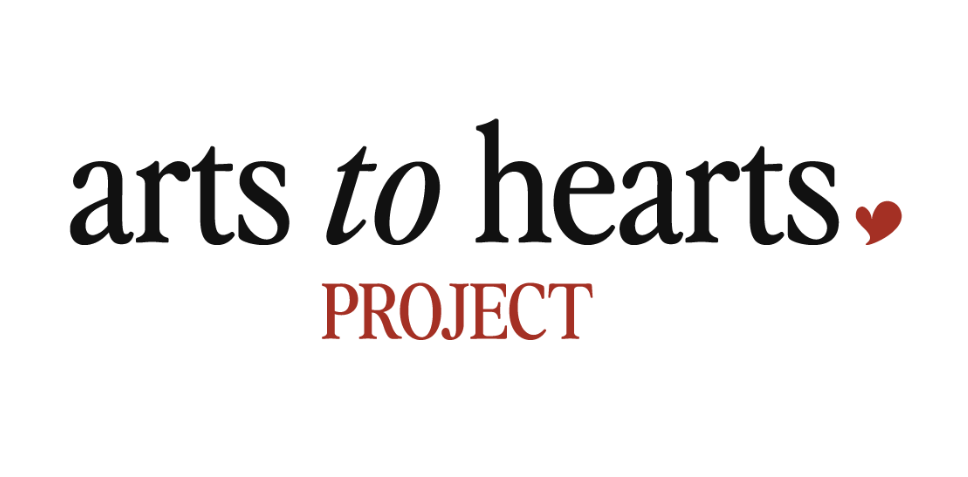
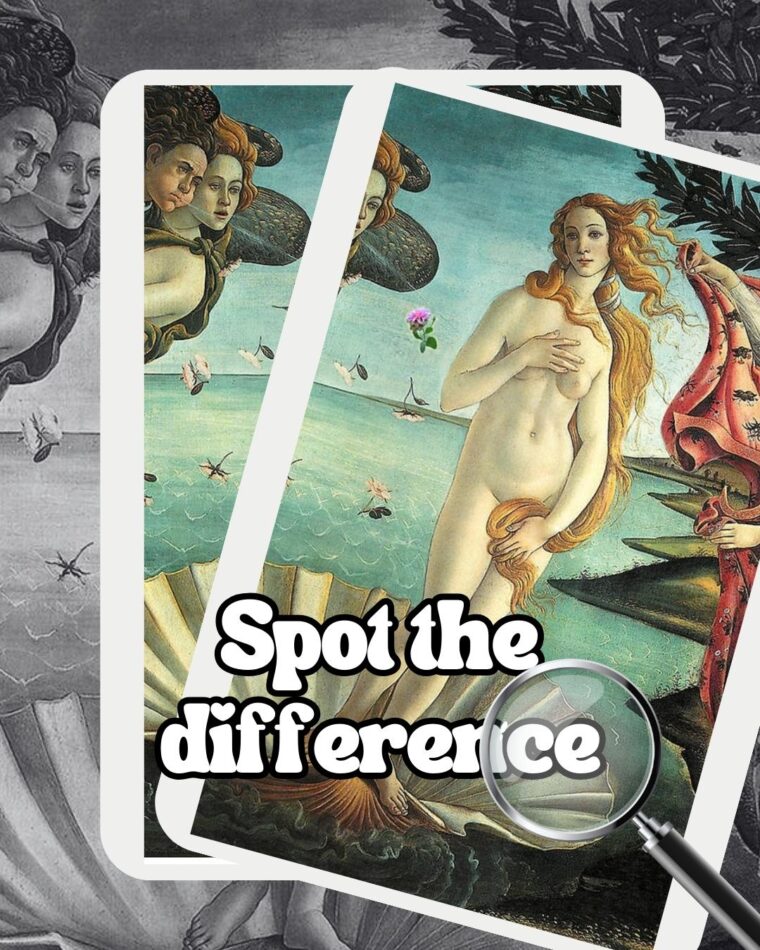
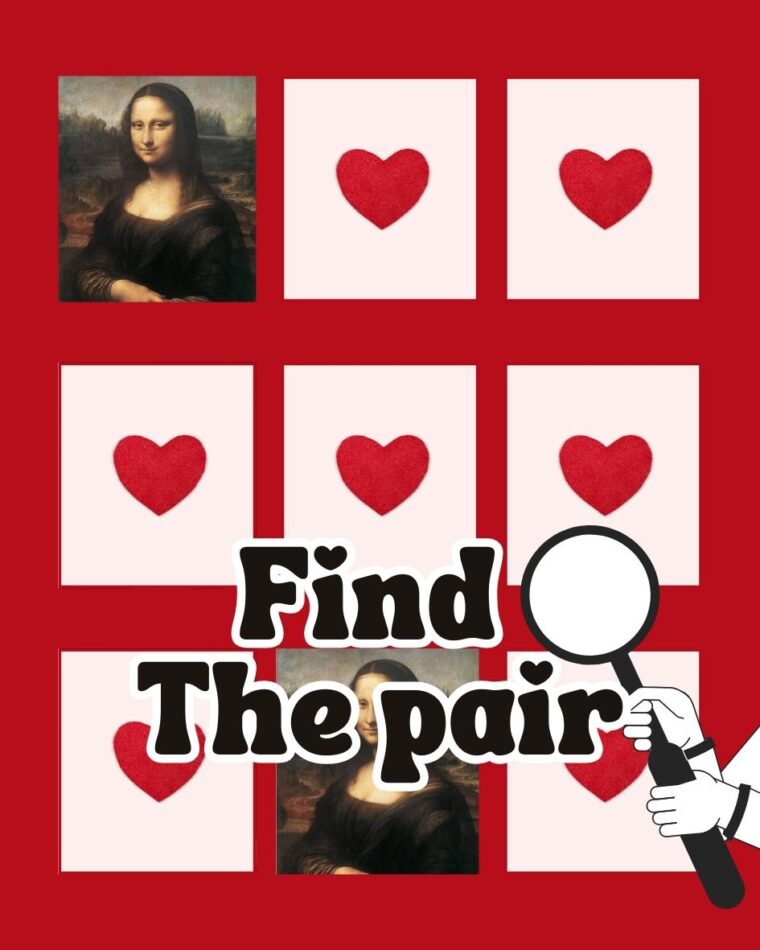
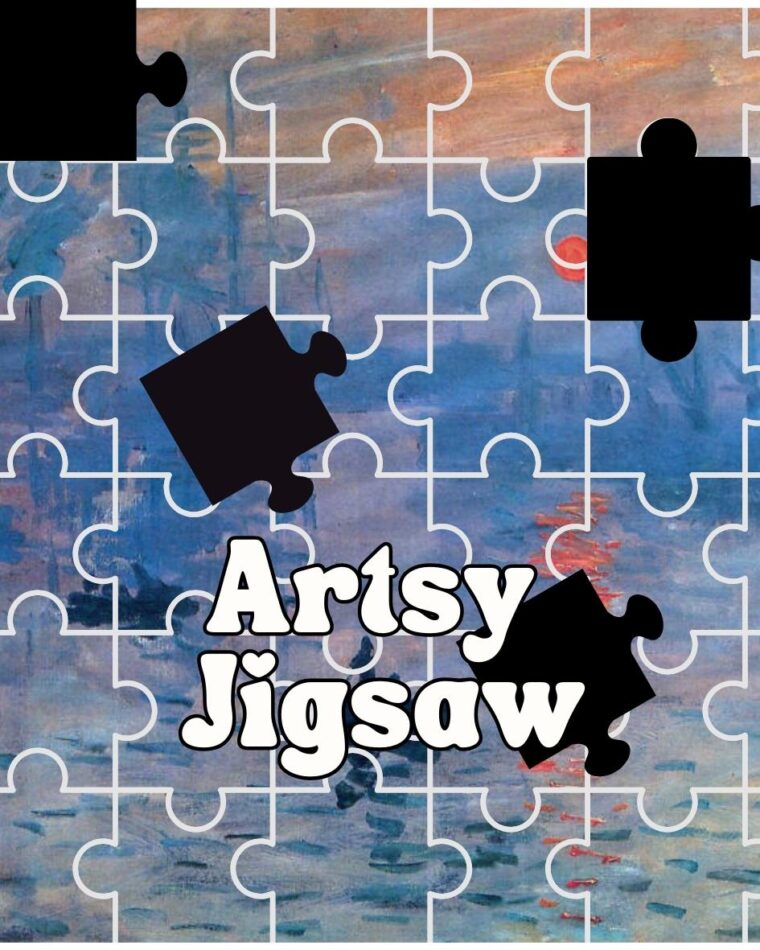
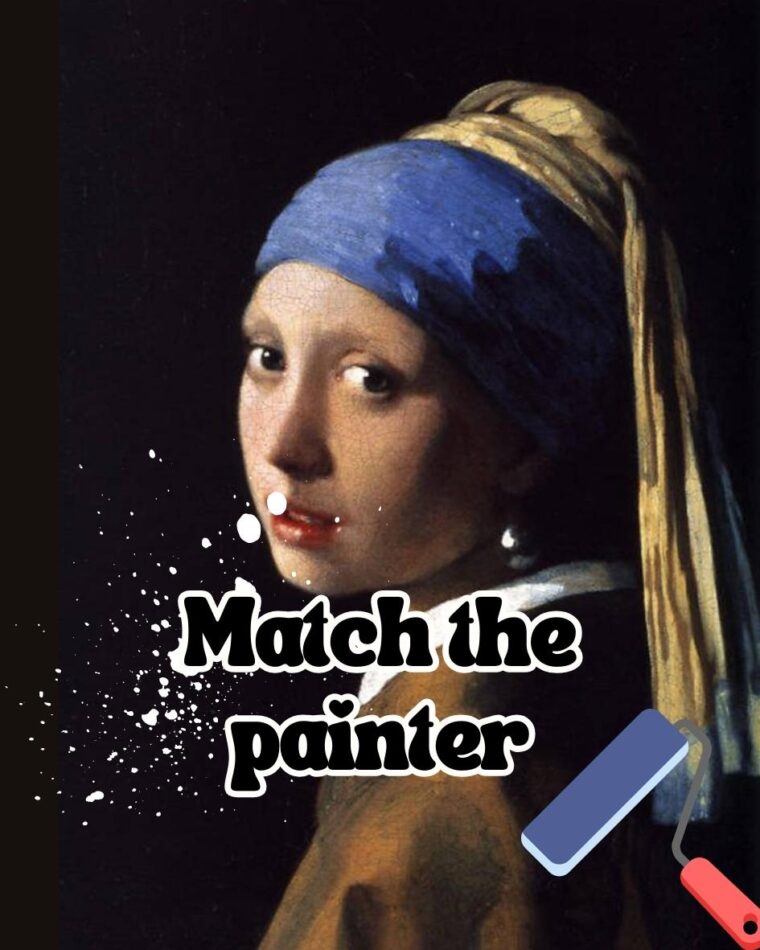


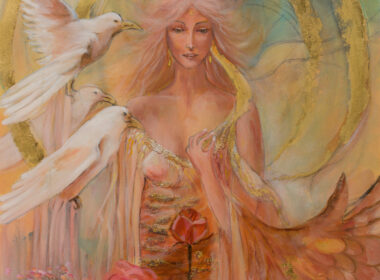
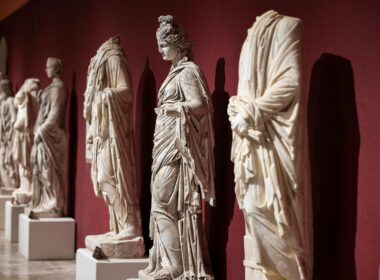
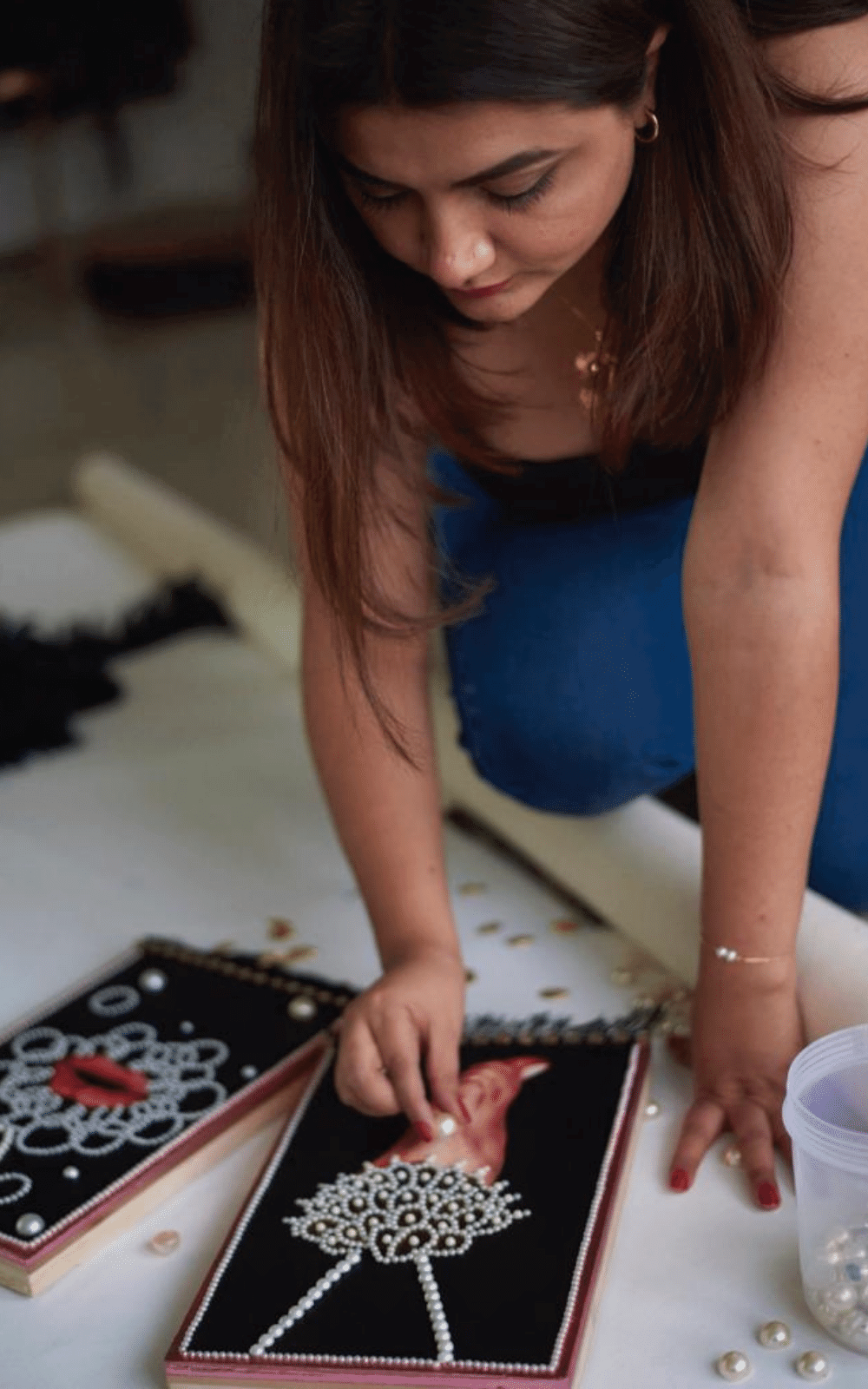
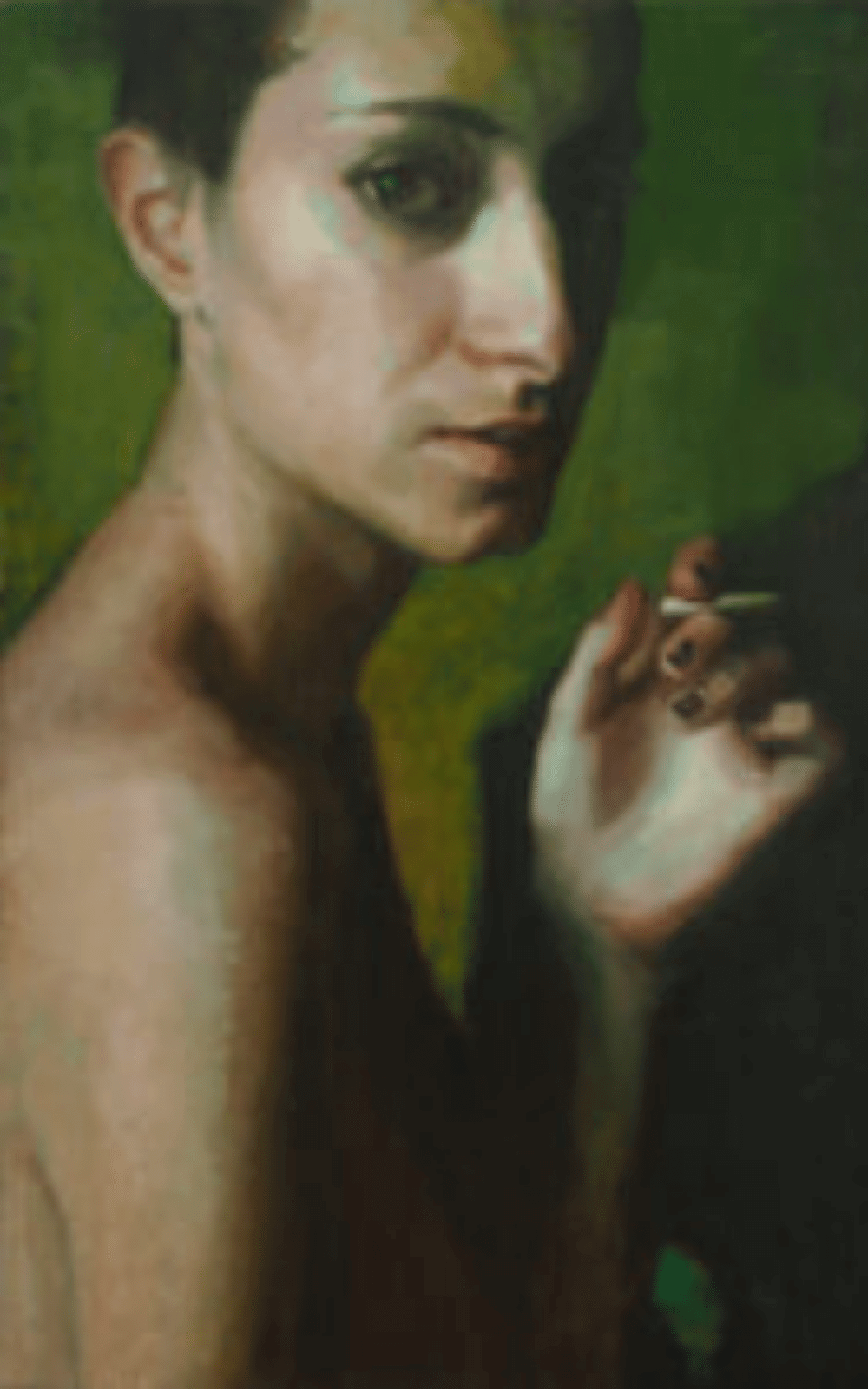
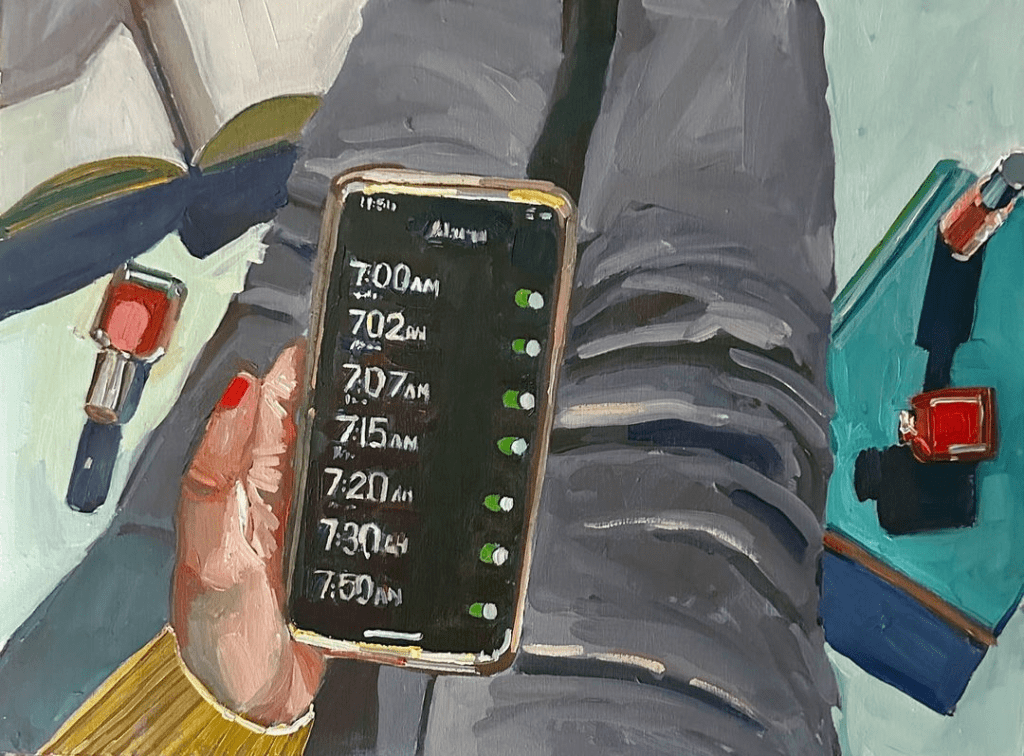
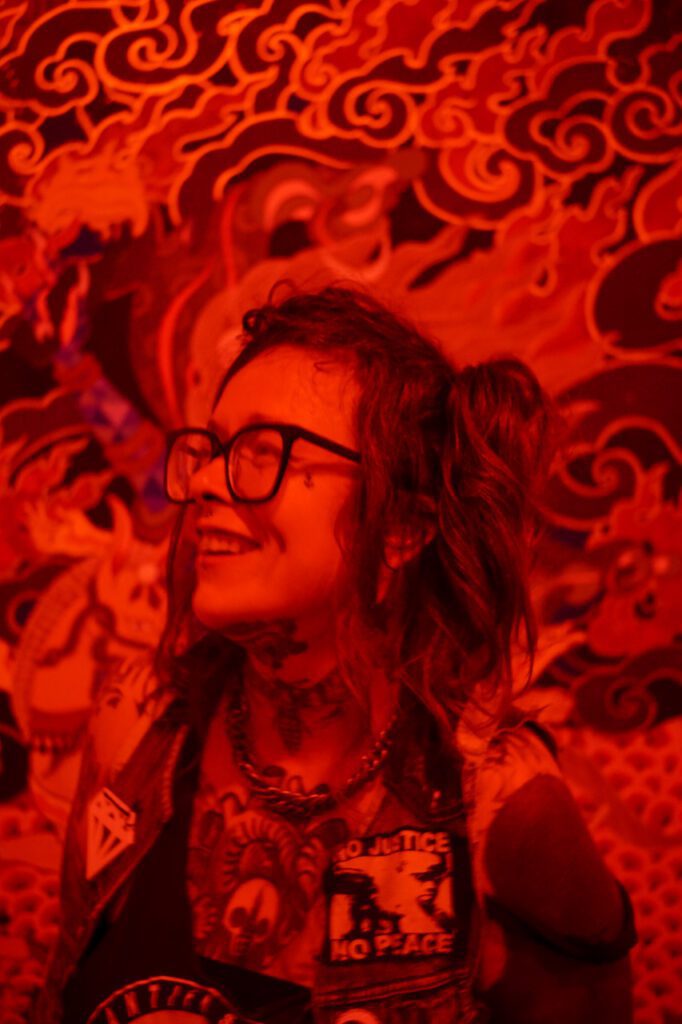
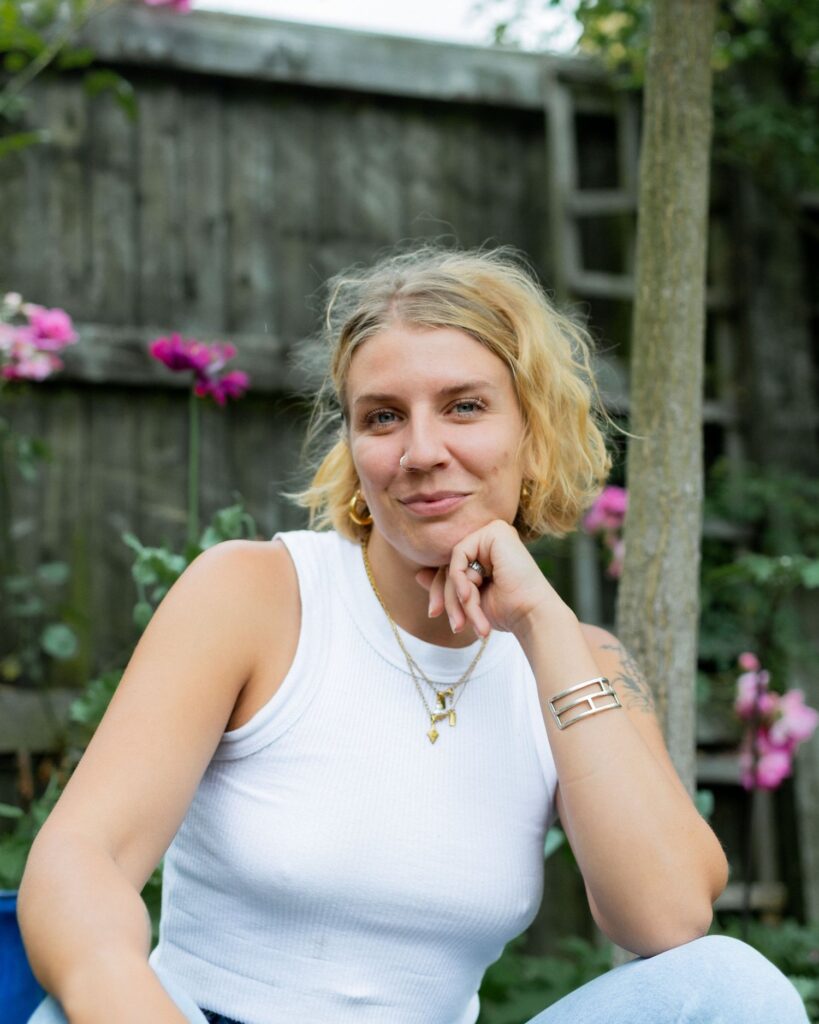

Comments 12